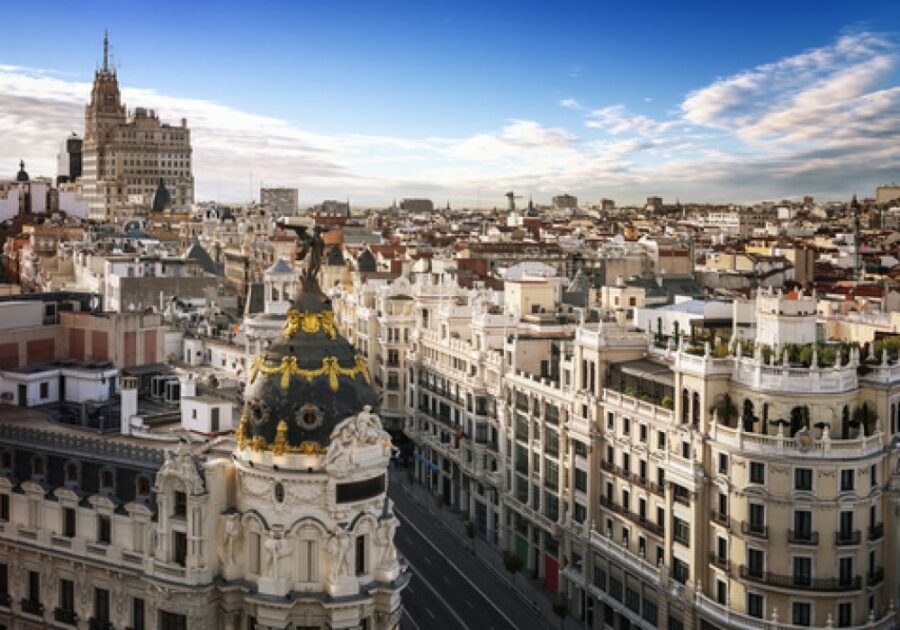Do you speak holiday season?

Discover the diversity of traditions and celebrations that define the holiday season by exploring our glossary!
Bodhi day
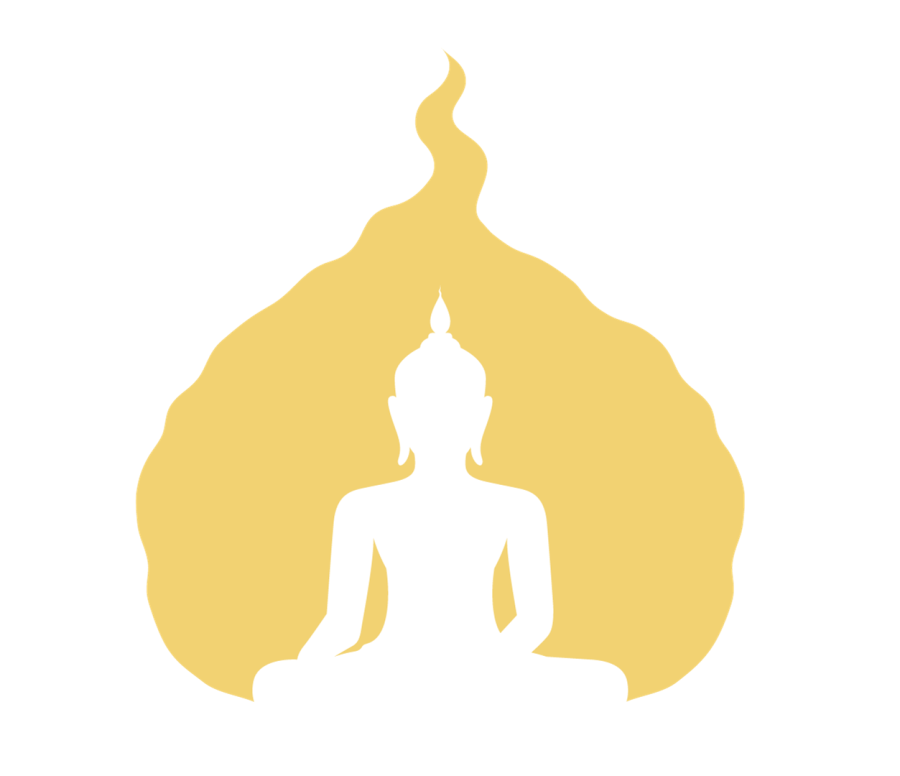
Buddhist celebration observed on December 8 to mark the enlightenment of Siddhartha Gautama, the Buddha. This day commemorates the moment when the Buddha attained spiritual awakening and a deep understanding of the nature of existence. Practitioners meditate, reflect on the Buddha’s teachings, and demonstrate acts of generosity.
St. Lucia’s Day
A Scandinavian celebration on December 13 commemorating the martyrdom of Saint Lucia, a Christian killed by the Romans in 304 AD. The celebration involves designating a young girl embodying Saint Lucia, leading a candlelit procession, symbolizing light in darkness.
Las Posadas
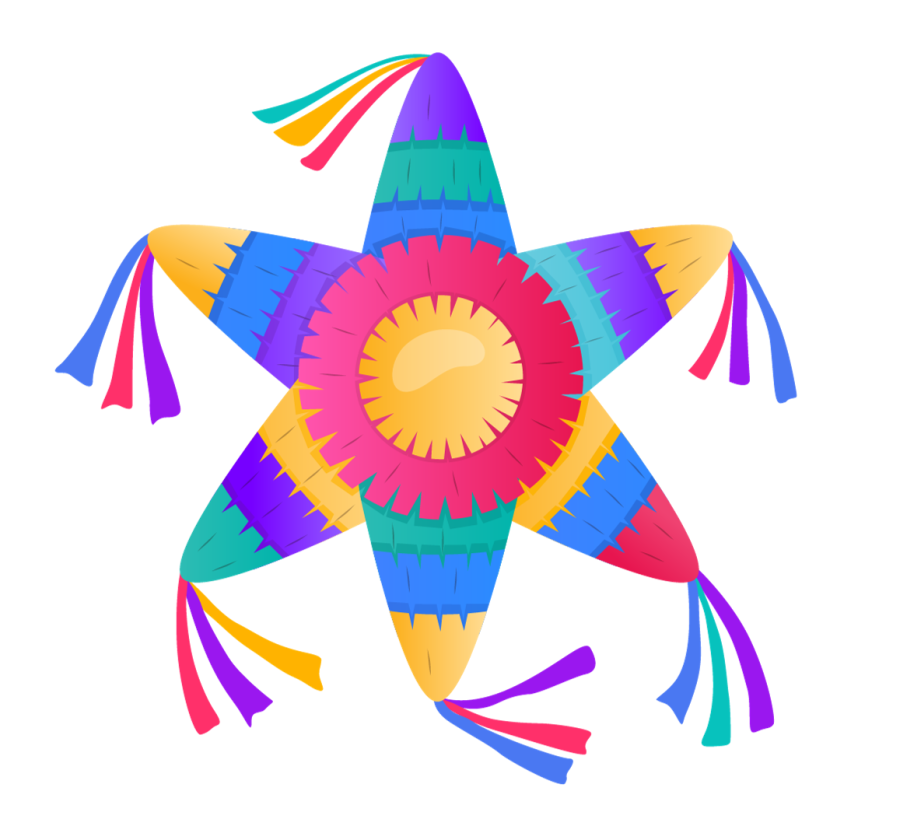
Hanukkah
An eight-day Jewish celebration honoring the reinauguration of the Second Temple in Jerusalem during the Maccabean Revolt. It begins on the 25th day of Kislev, usually in November or December, with traditional meals, the lighting of the menorah, and eight nights of games and gifts. Families enjoy special dishes like latkes and sufganiyot.
Christmas

Christian holiday celebrated on December 25 to commemorate the birth of Jesus Christ. It is also observed in many cultures worldwide, even by people of different beliefs. The Christmas period is marked by traditions such as gift exchange, decorating Christmas trees, festive meals, and creating a warm atmosphere.
New Year’s Eve
Celebrated on December 31 in the Gregorian calendar, marks the beginning of the new year. Worldwide, festivities vary: in Spain, families eat twelve grapes at midnight to attract good luck. In Brazil, people wear white and go to the beach to make wishes to the goddess of water, Lemanjá. In the Philippines, people wear polka dots and eat round fruits for good luck. New Year’s traditions are endless and reflect cultural diversity and wishes for prosperity in the new year
Kwanzaa
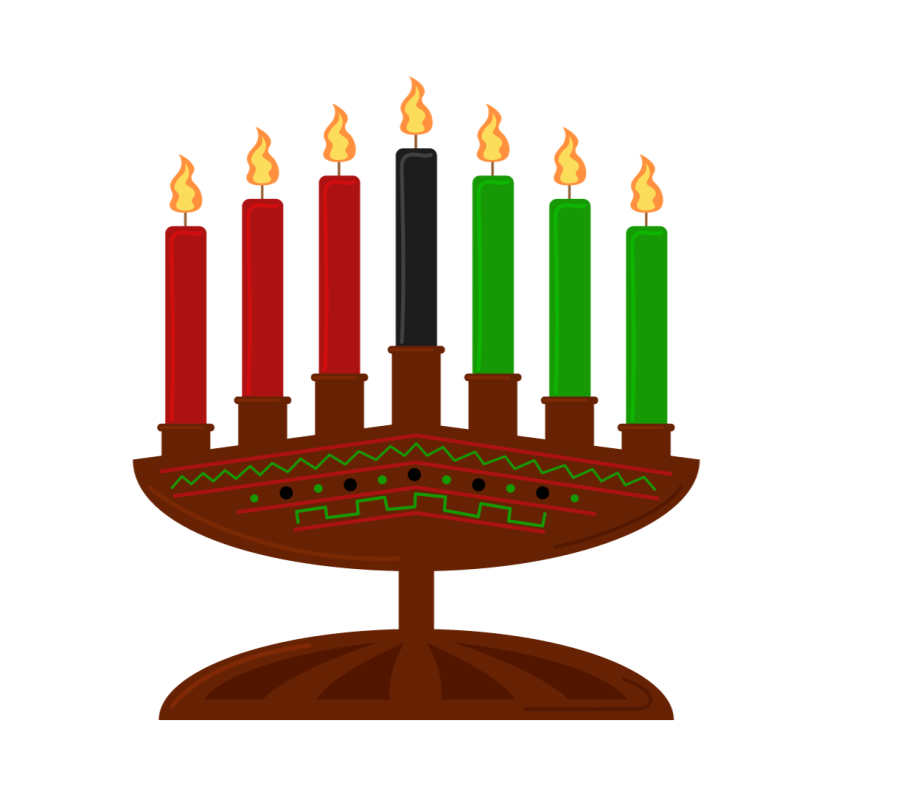
Created by Maulana Karenga in 1966, this week-long celebration spans from December 26 to January 1. It honors African heritage in African-American culture, emphasizing principles like self-determination, unity, collective work, and others. Families light the Kinara, participate in cultural activities, and the week concludes with a feast and gift exchange.
Omisoka
Japan’s New Year’s Eve celebration on December 31 with traditional dishes like Toshi Koshi soba and the sound of temple bells ringing 108 times to symbolize the elimination of human desires. Houses are decorated with a sacred Shinto rope. Omisoka focuses on purification and a new beginning, symbolized by house cleaning, ritual baths, and debt repayment, before relaxing with friends and family in the last hours of the year.
Lunar New Year
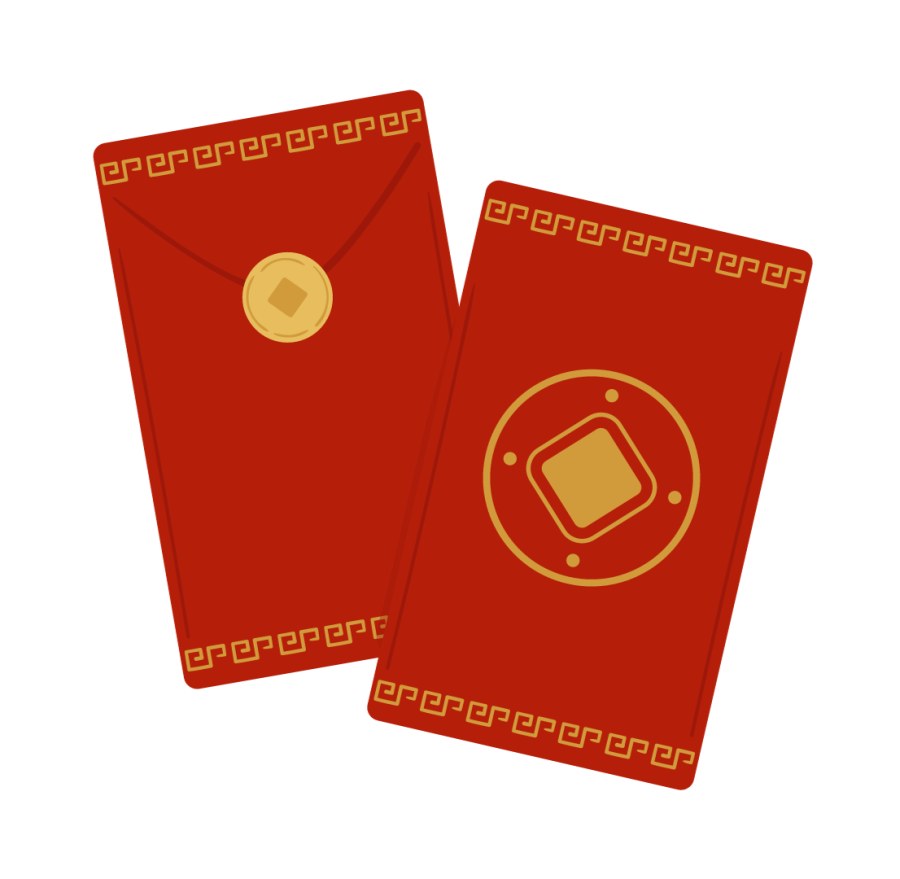
Celebration marking the beginning of the Chinese lunar calendar, usually occurring between January 21 and February 20. Each year is associated with one of the 12 animals of the Chinese zodiac. Festivities include fireworks, parades, performances, and conclude with a lantern festival. Families gather to share meals during which money is given to children in lucky red envelopes.
NEWS
Article in relation

Better performance starts with structured retail campaigns
In 2026, retail marketing is evolving in a more constrained environment. Acquisition costs are rising, and e-commerce journeys are increasingly fragmented between website...
Published on 15 January 2026
5 acquisition strategies retailers can’t miss in 2026
In 2026, retailers operate in an environment where attracting qualified shoppers, controlling costs, and boosting conversion are key challenges. Whether acquisition happens on...
Published on 5 January 2026
Our 5 Favorite Creative Tools on TikTok
Having good creatives is essential. But what truly makes the difference is knowing where to find inspiration and how to produce more efficiently...
Published on 10 December 2025
